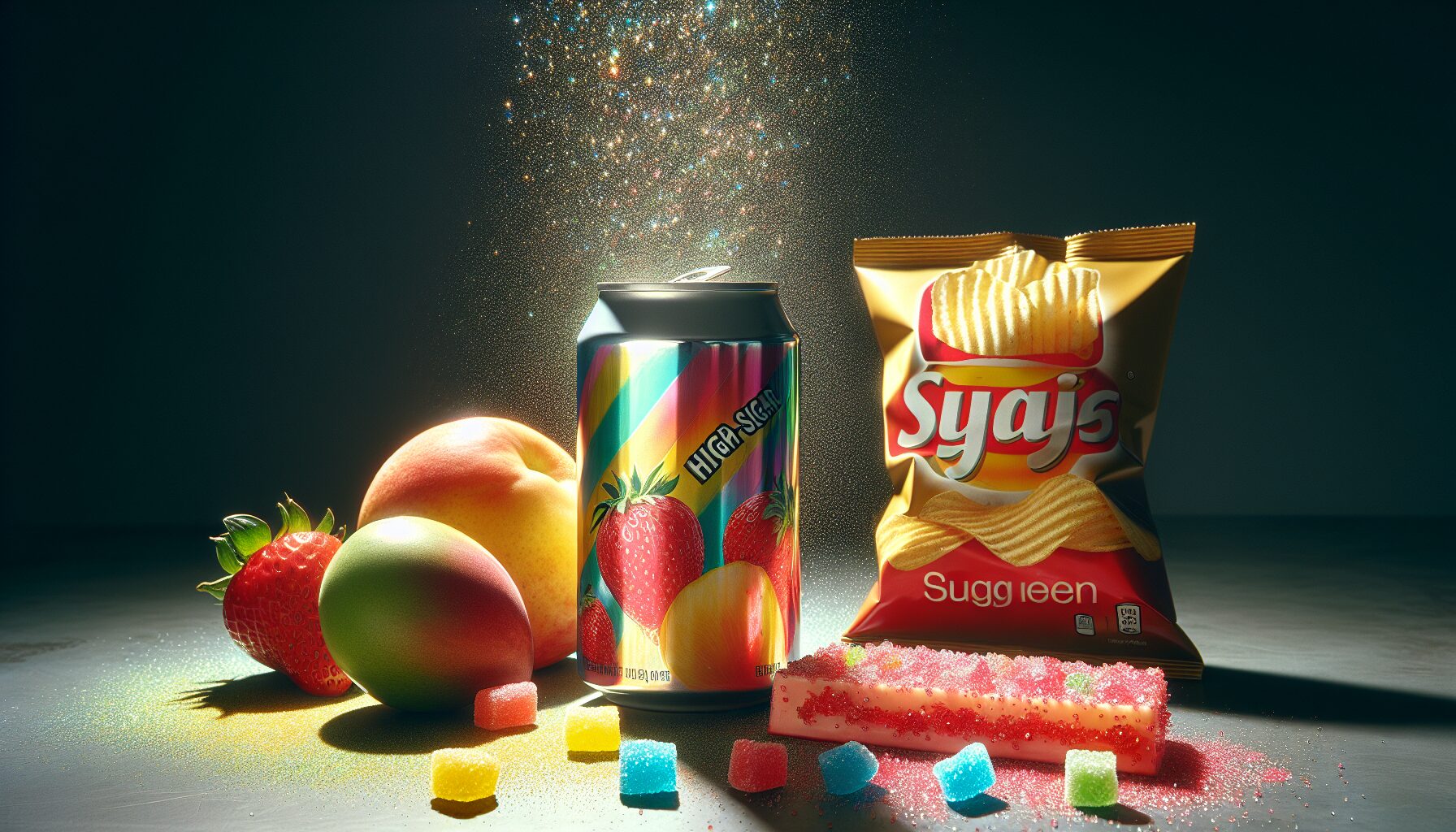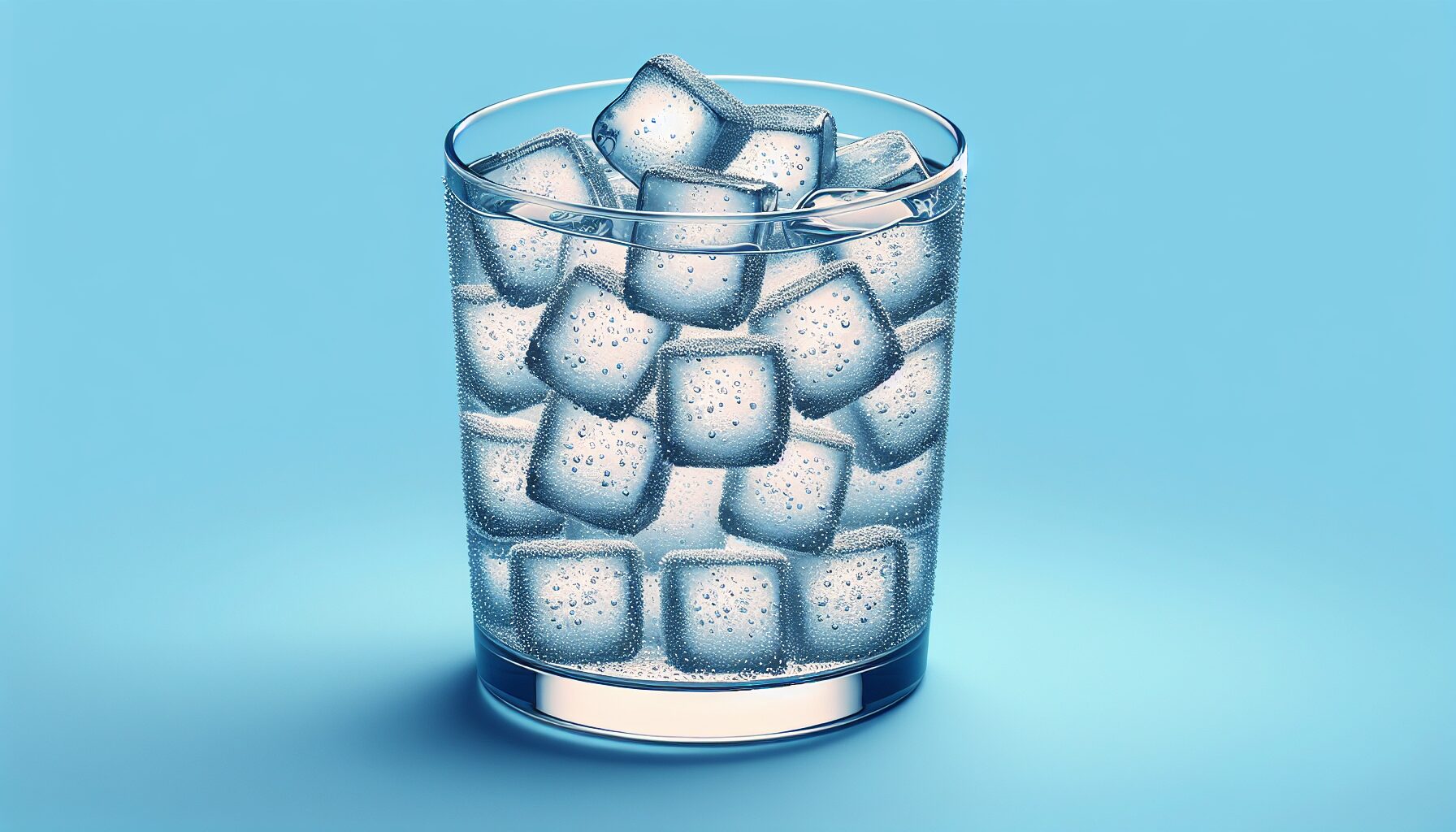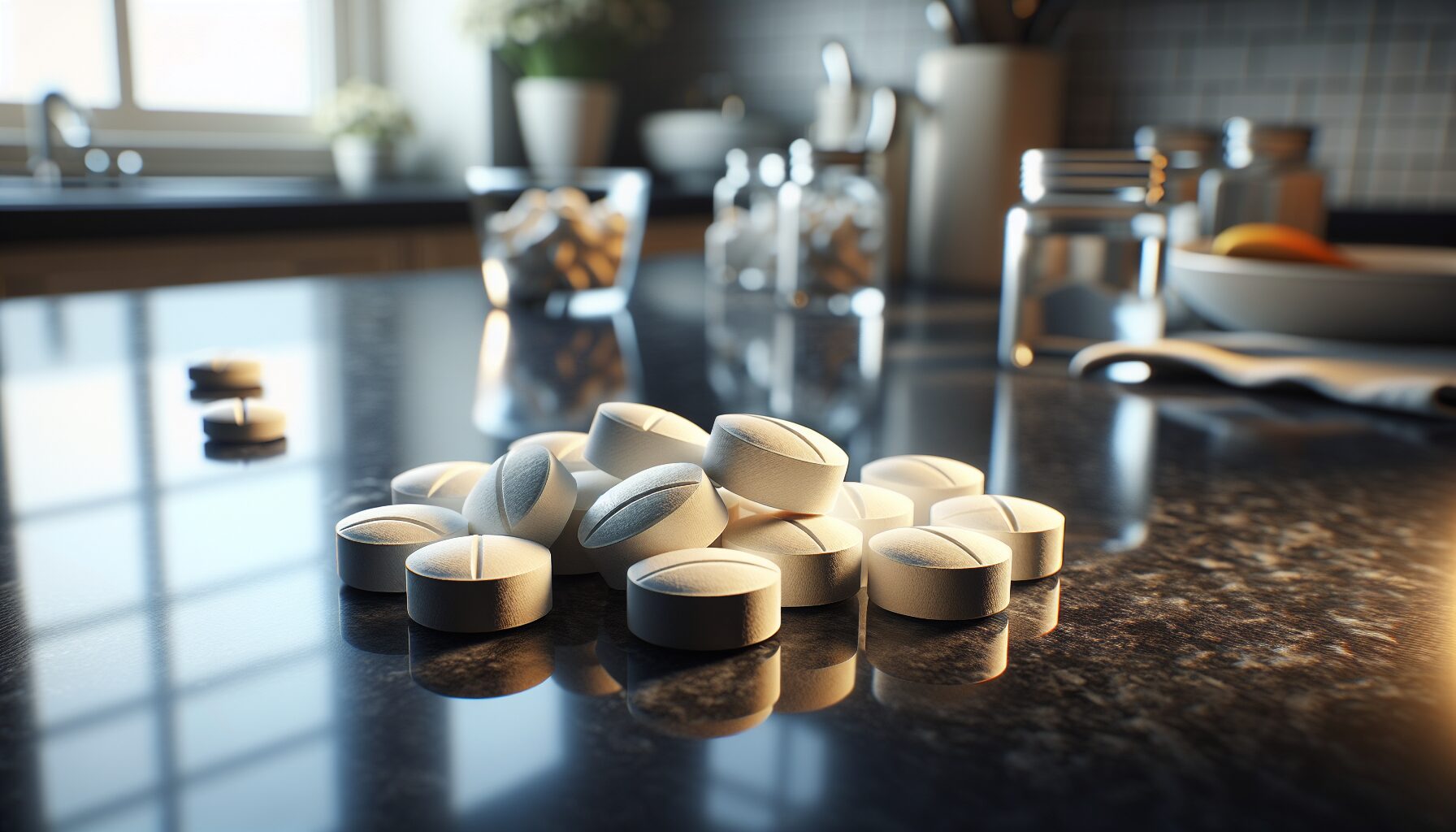
Sugar Free And Zero Carb Drinks: The Truth
With the global rise in obesity and an emerging market for weight loss, many drinks manufacturers turned to the production of sugar free drinks to solve these problems. If you are not new to the foods industry, a lot of the time when manufacturers try to address one issue they unknowingly cause other issues.
Rather than selling excessively sweet and unnecessary sugary drinks, the foods industry introduced a more cost-effective option in sugar free products containing artificial sweeteners. While on the surface sugar free drinks might seem like a great solution to the issue of obesity of a public health issue, there seems to have been a rise in other issues such as diabetes. Here we will cover the truth behind sugar free and zero carb drinks or foods.
Sugar Free And Zero Carb Drinks
When a foods and drinks manufacturer declare their product as sugar free, it has to contain zero sugar. The concern then for the manufacturer is that the product might come across as tasteless or bland. The consumer might think, well this is just flavoured water right.
This is part of the justification manufacturers use to add additional sweetening flavourings to their products. The term artificial sweeteners came from this. These are sweeteners that are not natural to the food or drinks product that are added to the product. Some key example artificial sweeteners you will see every day include sucralose, aspartame and acesulfame-K. Of all of these aspartame is generally the most readily consumed sweetener.
Aspartame was in the first generation of these artificial sweeteners and use has just increased over time. This is in spite of there being a lack of long term studies on the health effects that they may have on people. In recent years, researchers have become alarmed at the possibility that sweeteners could cause ill effects on the body.

The Truth About Sweeteners In Zero Carb Drinks
Artificial sweeteners are a huge concern because of their popularity with manufacturers and marketers for producing what they believe are healthy products. Sugar free drinks and snacks are a big example of this scenario. Many people are eating artificial sweeteners without even knowing they are doing so. Some of the potential ill effects observed with sweeteners used in zero carb products include increased risk of cancer, in addition to increased risk of diabetes.
Zero Carb Drinks And Diabetes
The increased risk of diabetes with artificial sweetener use is one of the most concerning for researchers. The big concern that has been raised is that artificial sweeteners seem to induce insulin resistance in people. Regular use of products containing artificial sweeteners could therefore create conditions that are unnatural for the body for glucose handling. This would then lead to insulin resistance caused diabetes. This is a metabolic disorder characterised by cell resistance to insulin detection and the body being unable to make enough insulin. This has become one of the most prevalent hormone disorders in the world.
If you are wondering how this happens, essentially insulin is a hormone that handles glucose in the body. Without adequate glucose or energy inputs for your energy production in your cells, you would collapse. This happens to a lot of diabetics before they are eventually diagnosed with diabetes. Insulin resistance means that there isn’t an adequate insulin receptor response from your cells to handle glucose properly anymore. If the body can’t handle glucose properly anymore you become diabetic. Researchers of artificial sweeteners believe this happens with excessive use of sweeteners over time.
Rather than helping the body through managing a healthy weight, zero carb drinks may then actually have worse health effects on the body. Obesity can be easily managed back to a heathier state, diabetes can’t. This is a hard truth that many people haven’t considered with zero carb products. It is something that health and wellness fanatics should also bear in mind. This is mainly because glucose use is really important during exercise.
The artificial sweeteners found in zero carb drinks are also thought to negatively influence your gut bacteria. This may have consequences on your brain health. While this could also affect nutrient absorption.
Zero Carb Products And Brain Functioning
Another important concern with zero carbohydrate products is their possible effects on the health of the brain. Research suggests that the use of sweeteners reduces the number of neurones or nerve cells in the brain. These are clearly important for brain abilities and brain functioning. Long term consumption of artificial sweeteners, as there are in zero carb food and drinks products, may have long term consequences to brain cognition.
There is also a concern about overall brain structure, with a higher fat peroxide level found in the brain with artificial sweetener use. This is a marker for oxidative stress in the brain. Peroxidation can have harmful effects for the integrity of particular brain areas. Again, oxidative stress can have consequences for the whole brain. This is most likely why there are to detrimental effects on brain functioning with sweetener consumption. Another effect that artificial sweeteners may have on the brain is the overexcitation of nerve cells or neuroinflammatory effects. This sort of oxidative stress or inflammatory stimulation of nerve cells might be causing dizziness, muscle and headaches in some people.

Zero Carb Drinks & Cancer
Chronic oxidative stress on the brain, which is thought to occur with sweetener consumption can also lead to cancer. The accumulation of free radicals in the body through oxidative stress events can lead to the breakdown of key cellular structures. Free radicals can also cause genetic mutations or changes that could result in the development of cancers.
This has been the subject of various studies that believe some artificial sweeteners, such as sucralose which is 600 times sweeter than sugar, could be carcinogens. Some of the metabolites or products the breakdown of artificial sweeteners in the body have been looked into and may have toxic or carcinogenic effects.
This is clearly a controversial topic for nutritionists. Mainly because of the mirrored consequential landmark legal cases that were set by the carcinogenic effects of smoking cigarettes. If there was a landslide of studies in favour of the carcinogenicity of a food product this would have serious consequences for the food industry.
This remains a controversial topic. There seems to be a gradual accumulation of evidence suggestive that artificial sweeteners could negatively influence the development of cancers in the body. There certainly is a mechanism by which this can occur and an accumulation of studies suggesting a possible effect.
One study providing insights for the European Food Safety Authority, one of the most stringent in the world, concluded that the use of the artificial sweeteners aspartame and acesulfame-K were associated with heightened risk of cancer.

Summary
Many in the food industry turned to the introduction of artificial sweeteners as a means to resolve the growing global obesity rates. Where high sugar drinks products were thought to contribute to obesity, zero carb drinks and food products were thought to have a preventative effect.
Some key artificial sweeteners to remember are sucralose, aspartame and acesulfame-K. These are included in many zero carb drinks and food products.
Where one issue was seen to be addressed, other detrimental health effects have been considered to be attributed to the use of sweeteners. These include diabetes and cognitive issues. Researchers are alarmed at the possible ill effects that sweeteners could have.
One big concern that has been raised is that artificial sweeteners may cause insulin resistance in people. This would lead to diabetes, as the body could no longer handle glucose correctly, which is a serious health issue.
Where obesity is manageable without direct lifetime intervention, diabetes can’t be managed in this way. This is a hard truth that many people haven’t considered with zero carb products that use artificial sweeteners.
The long-term consumption of artificial sweeteners, as there are in zero carb food and drinks products, might also have negative effects on brain functioning. Artificial sweeteners may cause the overexcitation of nerve cells and oxidative stress on the brain. Oxidative stress can cause cancer through oxidative free radicals. Some studies have also linked this effect to artificial sweetener use and zero carb drinks and food products.
This should give you a good idea about the potential dangers and the truth about zero carb products.
For more interesting articles, navigate to the main articles page below.





